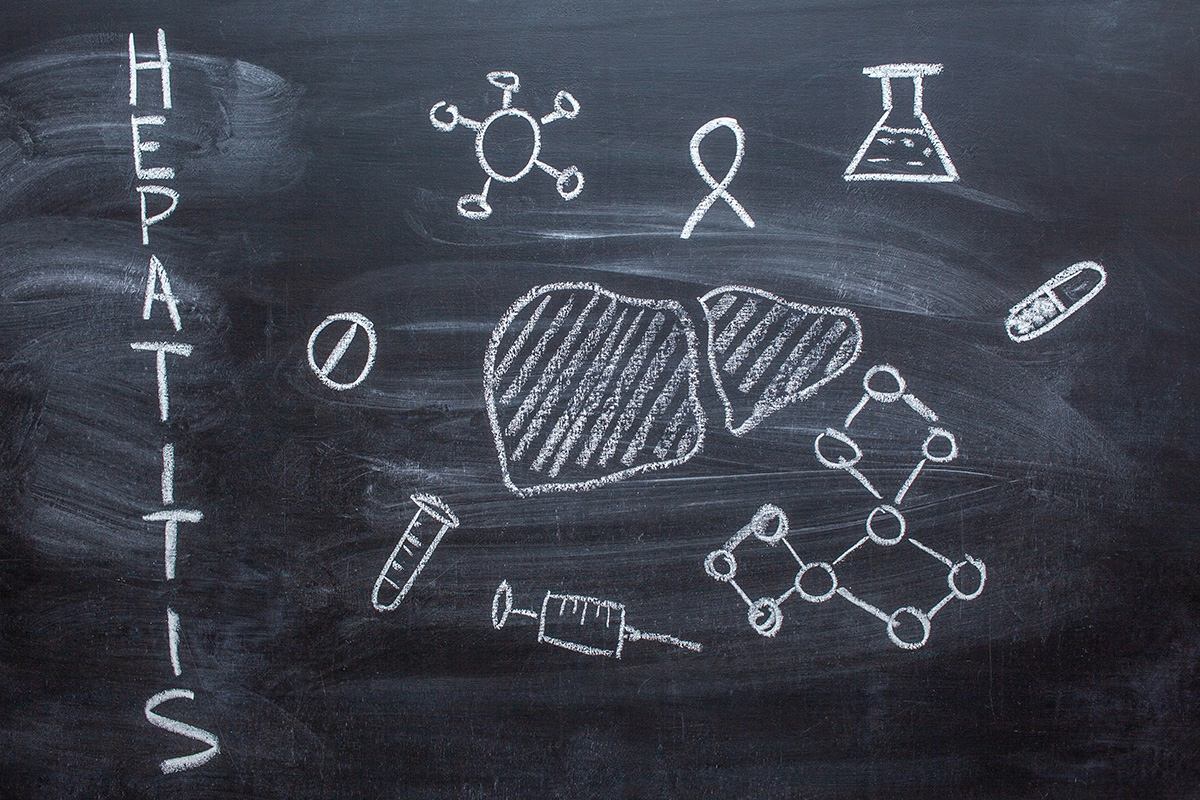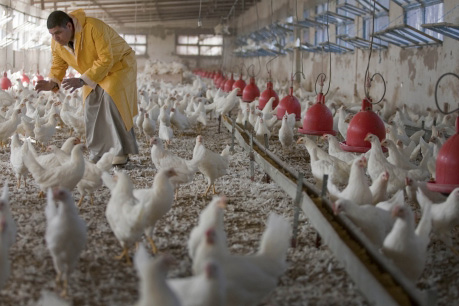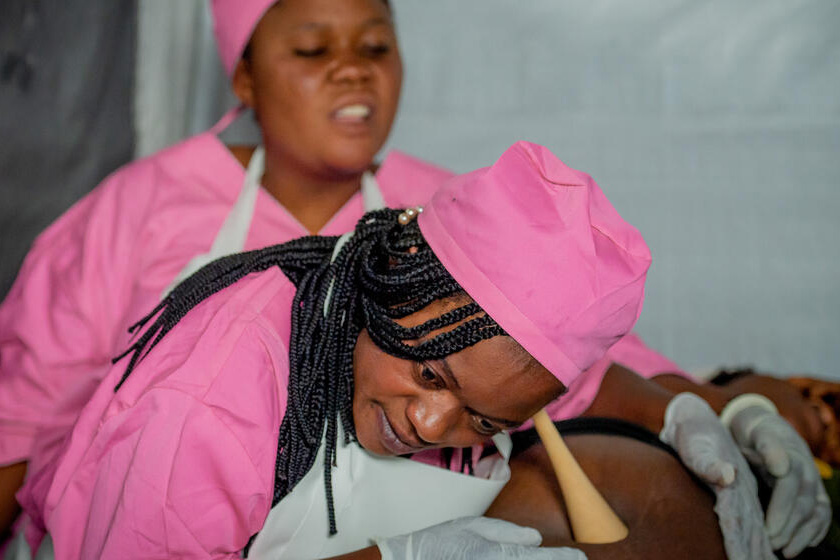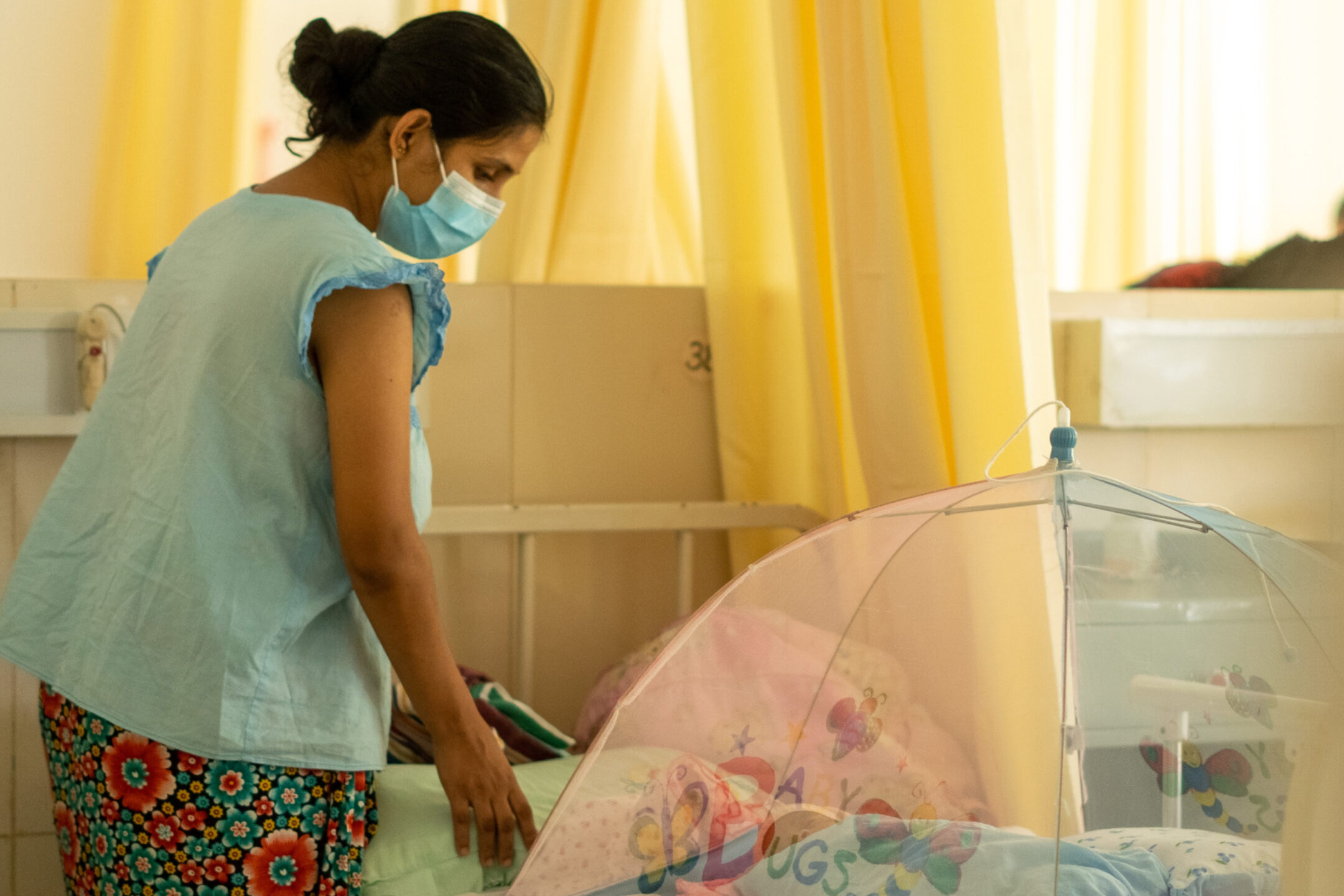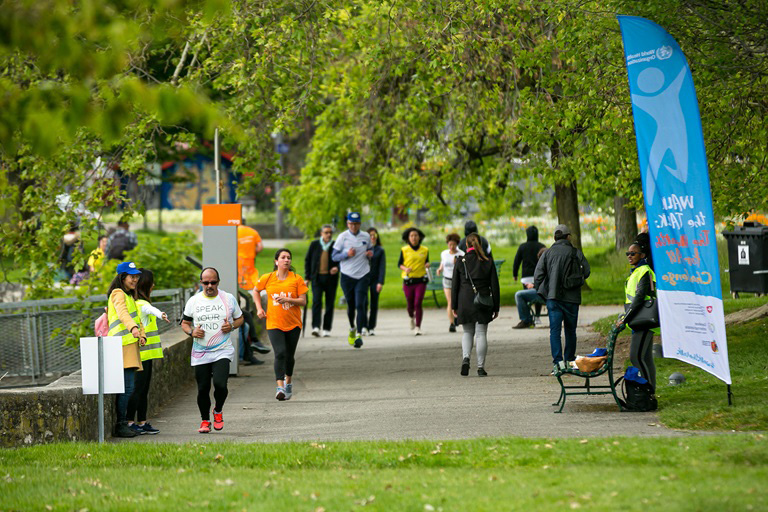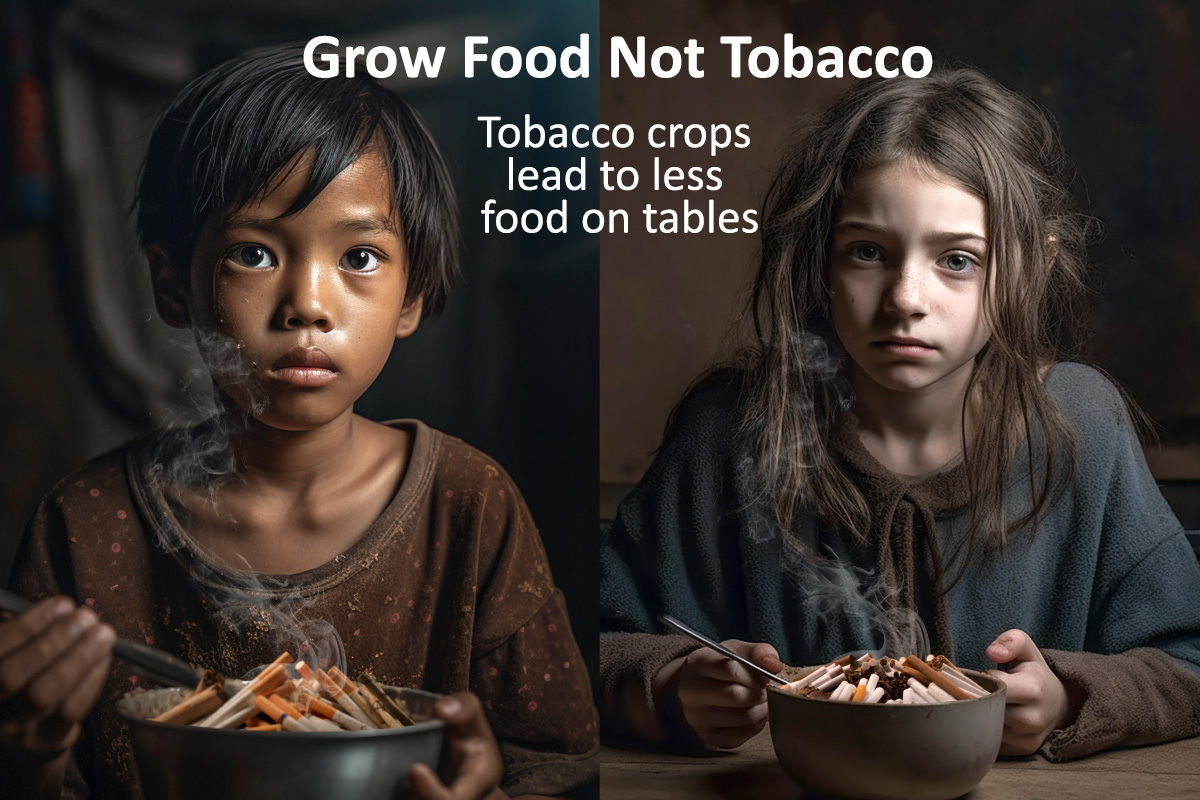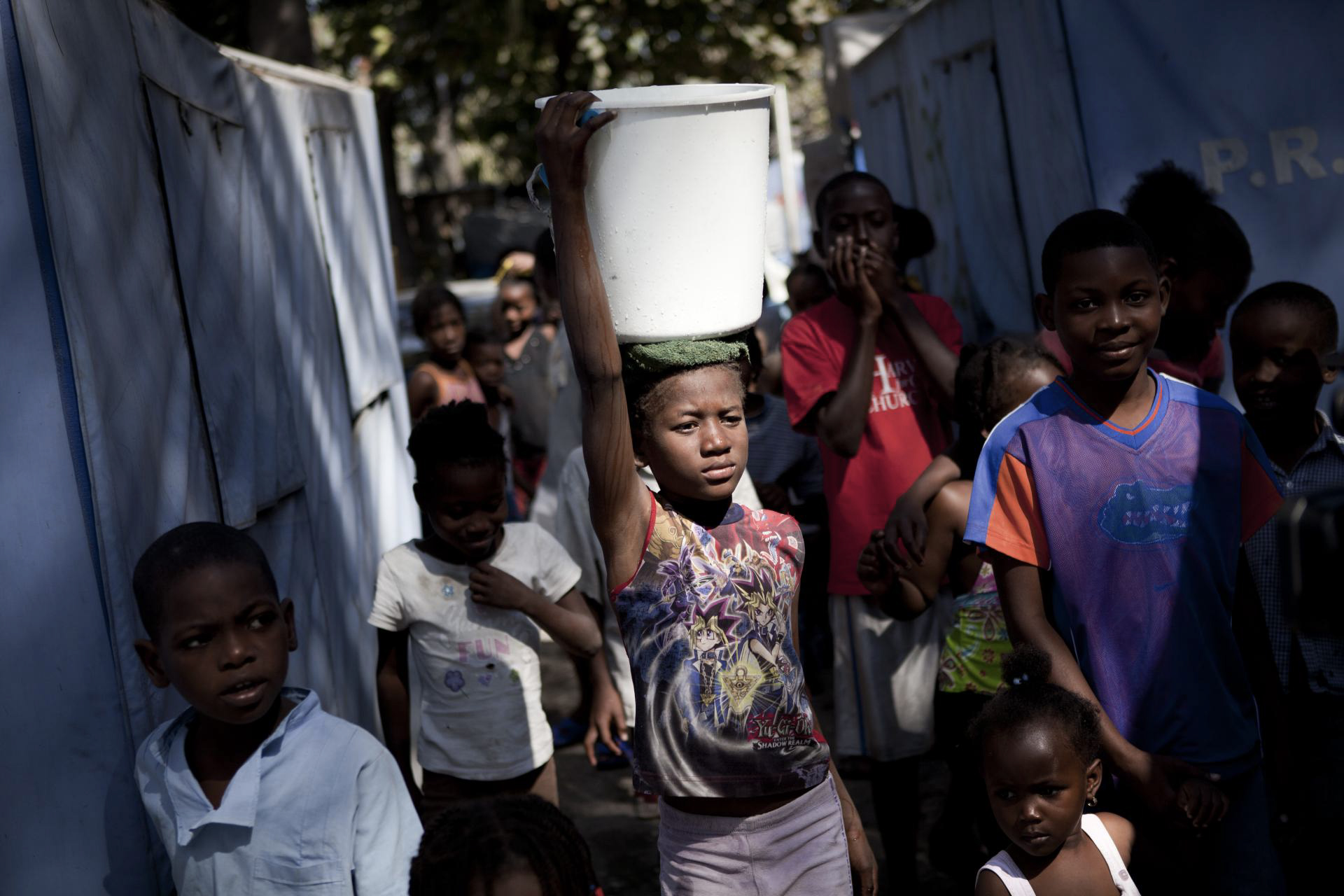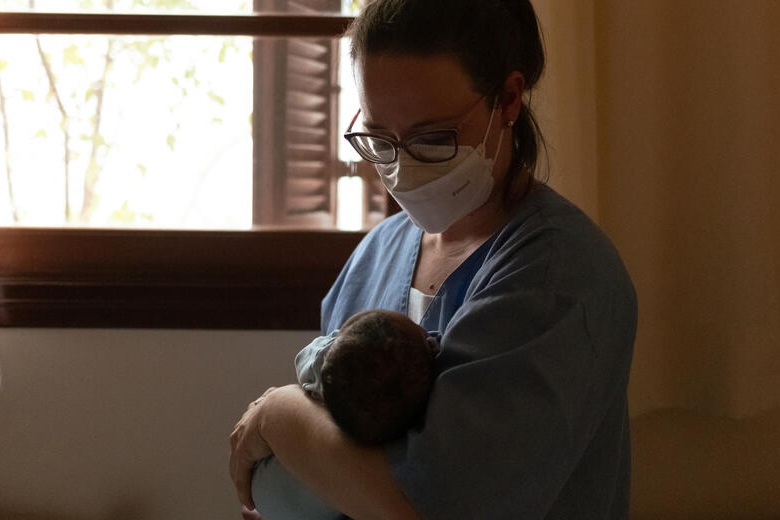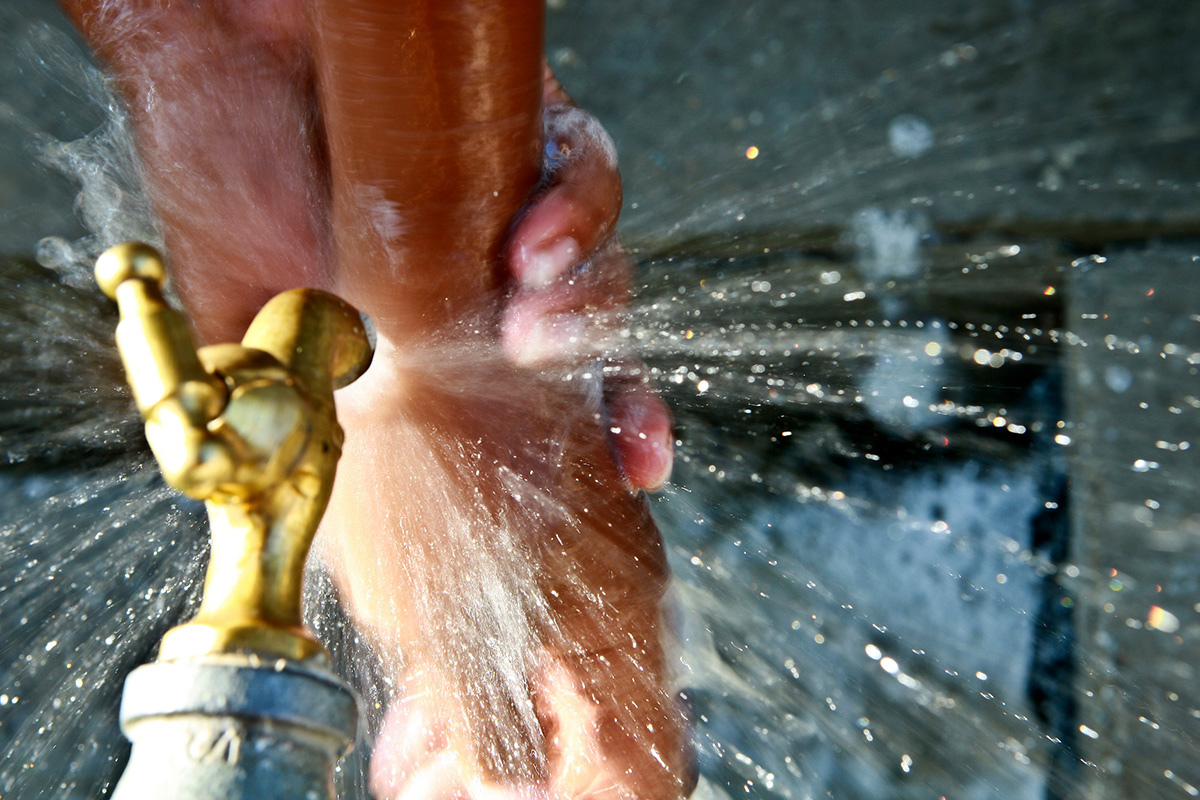It's healthy and important for teens to express their emotions. Dr. Lisa Damour, psychologist, mother and best-selling author shares three ways you can help them express themselves. Visit UNICEF Parenting for more expert tips.
Health
Steven Solomon, WHO Principal Legal Officer, unpacks the pandemic accord. The accord, being developed by countries, can be a game-changer in pandemic prevention and preparedness. Steven also clarifies the misinformation around the accord.
You’ve only got one life, and you’ve only got one liver. Hepatitis can devastate both. Your liver silently performs over 500 vital functions to keep you alive. But viral hepatitis infection is also silent, with symptoms only appearing once the disease is advanced. And that’s why liver health is fundamental to human health. So many hepatitis deaths could be prevented. Because there are vaccines and effective treatments for hepatitis B and even a cure for hepatitis C. This World Hepatitis Day (28 July) speak to your local healthcare provider to find out how to protect yourself from hepatitis.
World Drowning Prevention Day (25 July) serves as an opportunity to highlight the tragic and profound impact of drowning on families and communities and to offer life-saving solutions to prevent it. An estimated 236,000 people drown every year and drowning is among the ten leading causes of death for children aged 5-14 years. More than 90% of drowning deaths occur in rivers, lakes, wells, domestic water storage vessels and swimming pools in low- and middle-income countries - with children and adolescents in rural areas disproportionately affected.
In response to the current outbreaks of avian influenza (also called bird flu), WHO urges countries to work together across sectors to save as many animals as possible and to protect people.
When armed groups attacked her village, seven months pregnant Tantine escaped with her family. Her luck took a turn for the better when she learned about a UNFPA mobile clinic operating in the camp.
The capacity of the maternal and neonatal ward in the District General Hospital in Matara, Sri Lanka, is increasingly falling short. UNOPS works to rehabilitate a new hospital to serve the community.
The world is moving faster than ever, but people are moving less. Research has found that one in four adults and over 80 per cent of young people do not meet the recommended minimum activity levels needed for optimum health. Starting with just 30 minutes of movement a day has significant health benefits for hearts, bodies and minds. The International Olympic Committee wants to inspire and enable the world to move more every day. Led by Olympians and created in collaboration with WHO, the Let’s Move campaign is an invitation to make time every day for movement for better health.
More than 1 in 10 people fall sick each year from foodborne illness, and 420,000 die. The young and the vulnerable are disproportionately affected by the 200 different foodborne diseases that result from unsafe food, most of which are preventable. Prevention of such illnesses requires food safety to be observed at each stage of the food production chain, from primary production right up to the consumer. On 7 June, World Food Safety Day, FAO and WHO host a hybrid high-level event to highlight how food safety standards contribute to saving lives – live streamed on the FAO webcast platform.
Tobacco growing harms our health, the health of farmers and the planet’s health. The tobacco industry interferes with attempts to substitute tobacco growing, contributing to the global food crisis. The 2023 campaign for World No-Tobacco Day encourages governments to end tobacco growing subsidies and use the savings to support farmers to switch to more sustainable crops that improve food security and nutrition.
A new WHO guideline suggests that non-sugar sweeteners do not confer benefits in reducing body fat – instead they increase the risk of type 2 diabetes and other noncommunicable diseases.
Around the world, 67 countries still criminalise same sex relations, with 10 imposing the death penalty. 20 countries criminalise gender diversity. Such laws hurt the public health of everyone, costing lives. Public health and human rights go hand in hand. UNAIDS reports that in countries where same sex relations are criminalised, HIV prevalence is five times higher among gay men and men who have sex with men than in countries where same sex relations are not criminalised. Where there have been recent prosecutions, this increases to 12 times higher.
Despite being preventable and treatable, children continue to suffer from Cholera, a potentially fatal disease. UNICEF works to ensure vaccines and treatments reach the children most in need.
The single most important factor in stopping preventable maternal and newborn deaths: access to midwives. And yet the world is short of 900,000 of these essential service providers. Addressing this deficit could prevent two-thirds of maternal and newborn deaths, saving more than 4.3 million lives a year by 2035. What’s necessary now is the political will to expand the ranks and reach of midwives around the world. With that in mind, the UNFPA theme for the International Day of the Midwife this year is “Actioning Evidence: Leading the Way to Enhance Quality Midwifery Care Globally.”
Hand hygiene saves millions of lives every year when performed at the right moments during health care delivery. It is also a smart investment that offers exceptional return for each dollar invested. Clean care is a sign of respect to those who seek care, and it protects health and other workers who provide that care. Together, on World Hand Hygiene Day 2023, we can accelerate action to prevent infections and antimicrobial resistance in health care. We can build a culture of safety and quality in which hand hygiene improvement is given high priority.

